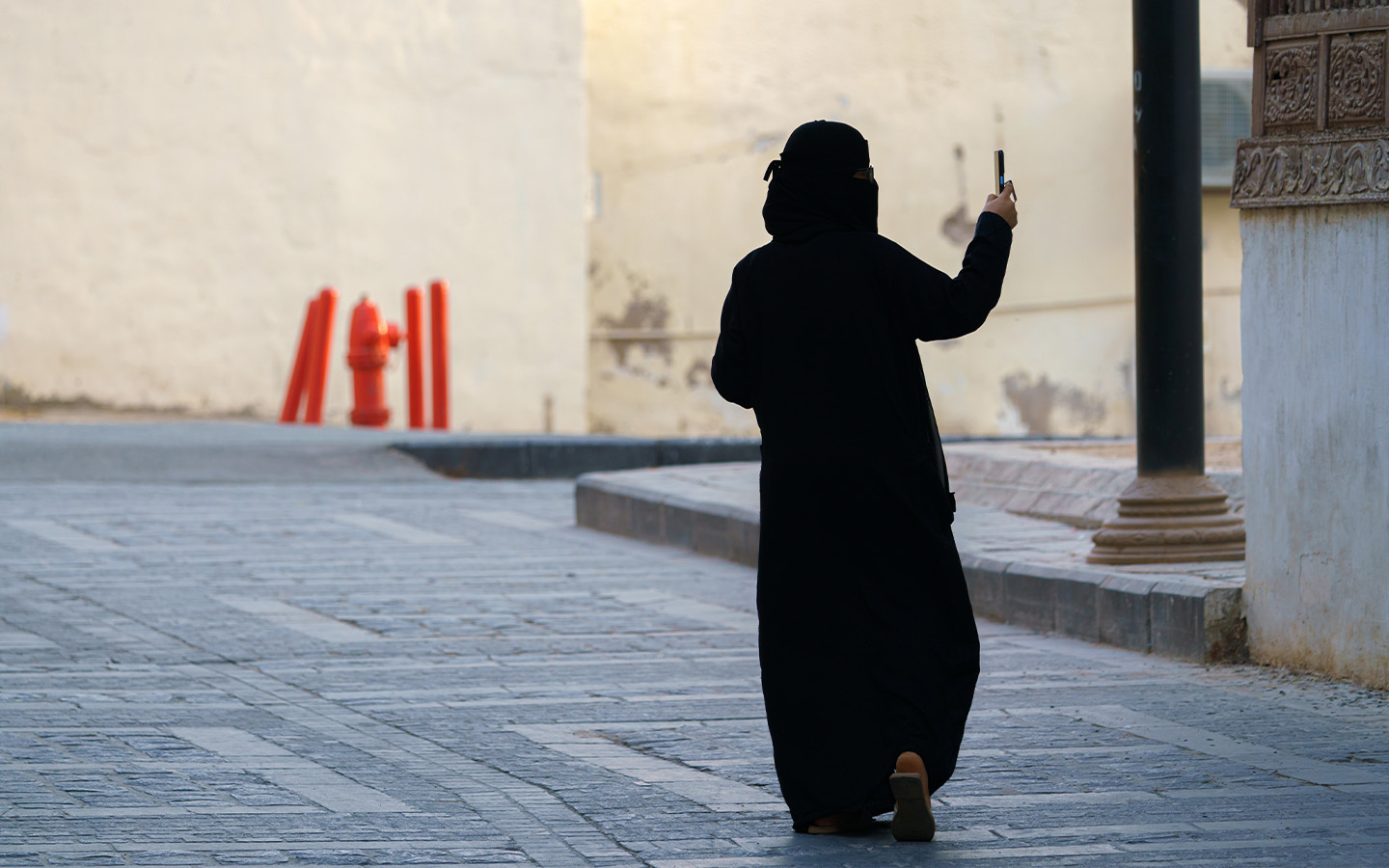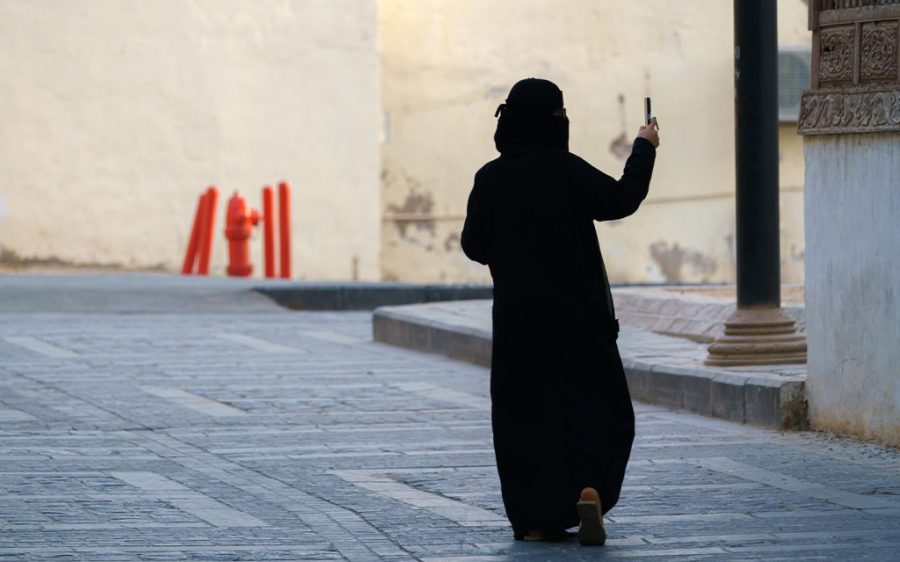Portugal’s far-right government has passed a bill banning face veils worn for “gender or religious” reasons in public, the latest in a host of laws across Europe targeting garments worn by some Muslim women, reports the AP.
Proposed by the Chega party, which rode to power earlier this year on a wave of anti-immigrant sentiment, the bill would prohibit coverings such as burqas (a full-body garment that covers a woman from head to foot) and niqabs (a full-face Islamic veil with openings for the eyes) from being worn in most public places. Such full-face coverings would only be allowed on planes, diplomatic premises and places of worship. The bill stipulates fines of 200 to 4,000 euros (US$230 to 4,670) for those wearing veils outside these limited exceptions, and up to three years in prison for those who force someone to veil.
Chega argued in the bill that hiding the face subjects individuals “to situations of exclusion and inferiority” and was incompatible with principles such as “liberty, equality and human dignity.”
Left-leaning lawmakers disagreed. “This initiative is used solely to target foreigners, those who have a different faith,” lawmaker Pedro Delgado Alves, whose centre-left Socialist Party voted against the bill, told the AP. While strongly opposed to forced veiling, he argued that the far-right party’s approach was wrong.
[See more: Portugal plans to significantly tighten its immigration and residency rules]
Human rights organisation Amnesty International condemned the Portuguese bill as a violation of fundamental rights and called into question Chega’s stated reasoning. “Far from defending women’s rights,” the organisation said in a statement, “a general ban like this would violate the rights of those who choose to wear veils that cover the entire face, while contributing little to protecting those who do so against their will, who are at risk of greater exclusion or lockdown as a result.”
President Marcelo Rebelo de Sousa still has to approve the bill. He could veto it or send it to the Constitutional Court for review. If approved, Portugal will join a growing list of more than 20 European countries that have banned wearing burqas and other face-covering veils in public. Most frame the bans as an effort to promote social cohesion, secular values and gender equality.
In practice, Amnesty International warns, such bills have often led to increased stigma and exclusion of a small but highly visible population of Muslim women. Debates around Muslim garb are also used to demonise the larger community, as with Chega leader André Ventura characterising Islam as “a culture that oppresses [women]” during parliamentary debate on the ban.






